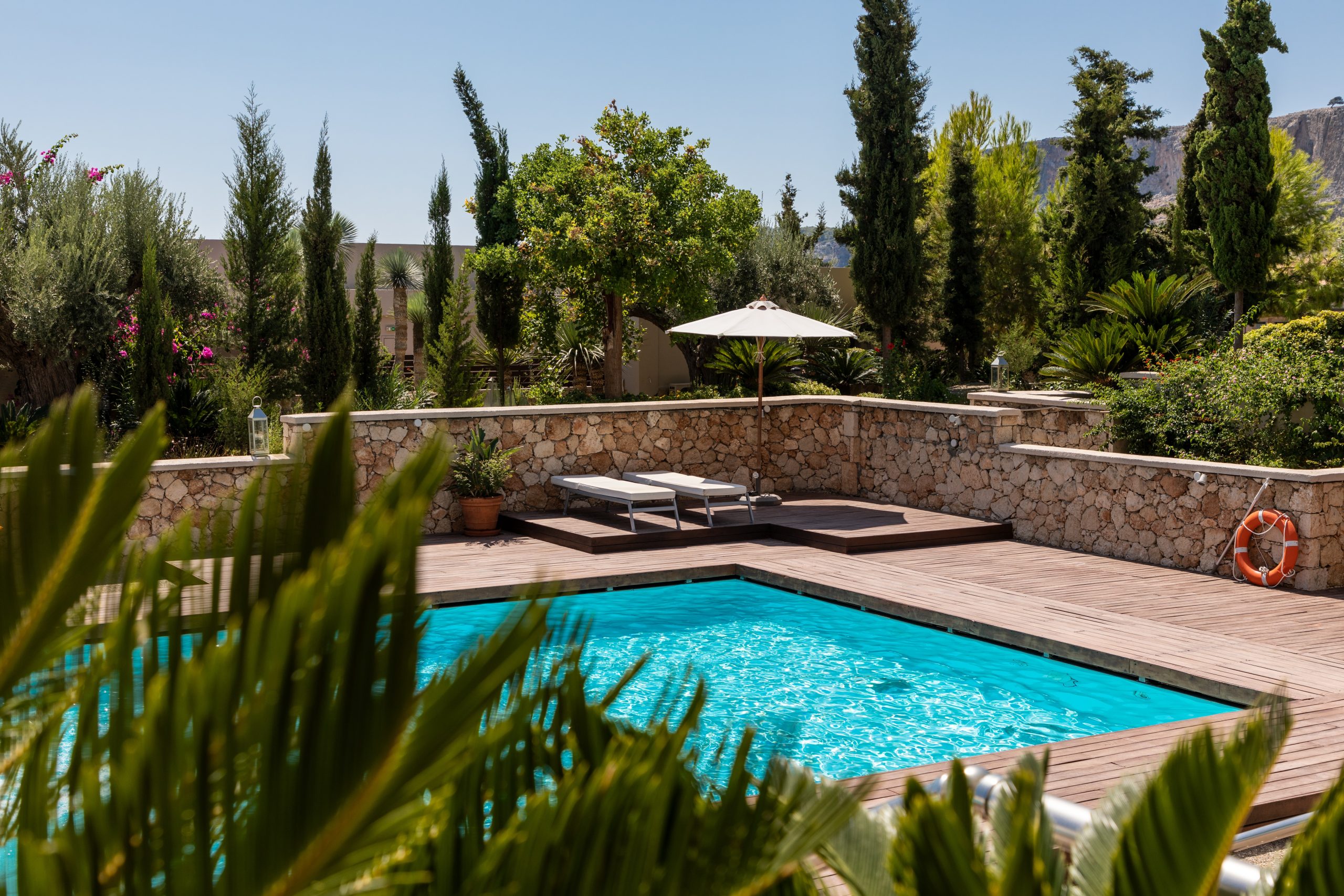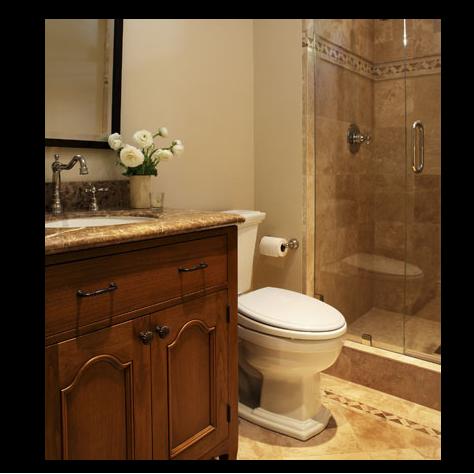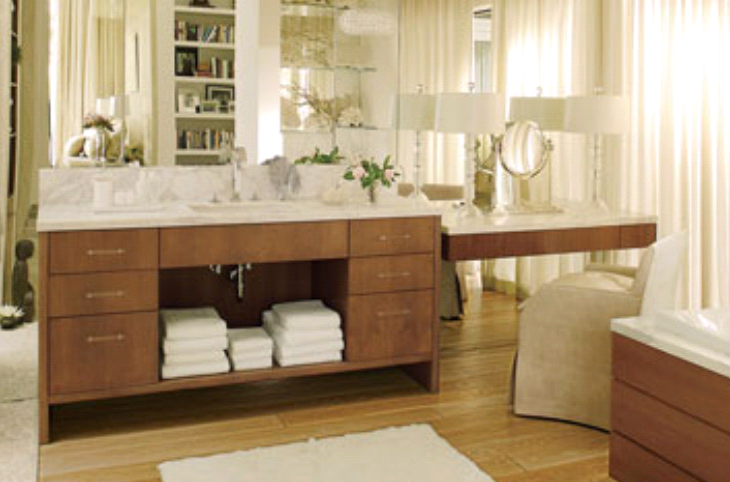As a homeowner, you are always looking for methods to improve the sustainability of your home. An eco-friendly home not only reduces your environmental effect, but it can also help you save money.
When it comes to home sustainability, one of the most essential systems is your plumbing. According to the Environmental Protection Agency (EPA), a typical family of four uses 400 gallons of water per day. Reducing your water consumption is a wise, environmentally friendly choice that can also help you save money on your water bills and extend the life of your plumbing.
With increasing awareness about the environment, the need for sustainability, and the approaching summer months, homeowners are seeking eco-friendly options for their pools and hot tubs. Implementing environmentally friendly plumbing solutions not only reduces the environmental impact but also lowers energy costs and water usage. In this article, we will explore various eco-friendly plumbing solutions for pools and hot tubs, as recommended by professional plumbers.
Solar Heating Systems
One of the most effective ways to reduce energy consumption in pools and hot tubs is to switch to solar heating systems. These systems harness the power of the sun to heat the water, significantly reducing the need for gas or electric heaters. Solar heating systems are both cost-effective and environmentally friendly, making them an excellent choice for eco-conscious homeowners. Additionally, solar panels can be installed on rooftops or other suitable locations, allowing for efficient use of available space and minimal impact on the aesthetics of your property.
Variable Speed Pumps
Traditional pool and hot tub pumps operate at a constant speed, regardless of the water circulation requirements. This can lead to unnecessary energy consumption. Variable speed pumps, on the other hand, adjust their speed according to the needs of the pool or hot tub, resulting in considerable energy savings. Plumbers recommend upgrading to variable speed pumps to optimize energy efficiency and reduce the overall carbon footprint. Not only do variable speed pumps save energy, but they also operate more quietly, providing a more pleasant poolside experience.
Energy-efficient Filtration Systems
Investing in energy-efficient filtration systems is another way to promote sustainability in pool and hot tub plumbing. Cartridge filters, for instance, require less water for backwashing compared to traditional sand filters. Moreover, they are capable of filtering out smaller particles, ensuring better water quality with reduced energy consumption. By maintaining clean water with minimal effort, energy-efficient filtration systems help extend the lifespan of pool and hot tub equipment, further enhancing their eco-friendly benefits.
Pool and Hot Tub Covers
A simple yet effective way to conserve energy is by using pool and hot tub covers. These covers minimize water evaporation and heat loss, reducing the need for constant heating and water refilling. By keeping the water temperature stable, covers help lower energy costs and water usage, contributing to a more eco-friendly pool or hot tub environment. Furthermore, covers can also act as a safety barrier, preventing accidents and keeping debris out of the water, which reduces the need for excessive cleaning and chemical use.
Rainwater Harvesting Systems
Rainwater harvesting systems collect and store rainwater for use in pool and hot tub maintenance. This water can be used to top up the pool or hot tub, reducing the reliance on mains water supply. Plumbers can help design and install rainwater harvesting systems to provide an environmentally friendly and cost-effective water source for pool and hot tub maintenance. By reducing the demand on municipal water supplies, rainwater harvesting systems also contribute to overall water conservation efforts and help alleviate the strain on local water resources.
LED Lighting
Switching to LED lighting in and around pools and hot tubs is another way to embrace eco-friendly practices. LED lights consume significantly less energy than traditional incandescent or halogen bulbs, reducing energy costs and carbon emissions. Additionally, LED lights have a longer lifespan, which means fewer replacements and less waste. Beyond their energy-saving properties, LED lights also offer design versatility, with various colors and brightness levels to create the perfect ambiance for your pool and hot tub area.
Regular Maintenance and Leak Detection
Finally, regular maintenance and prompt leak detection are crucial for eco-friendly hot tub and pool plumbing. A well-maintained system runs more efficiently, minimizing energy and water waste. Plumbers recommend scheduling regular maintenance checks and keeping an eye out for any signs of leaks to prevent potential damage and ensure optimal efficiency. By addressing issues early on, you can avoid costly repairs and maintain the efficiency of your pool and hot tub system. Working with a professional plumber for routine maintenance can also help identify areas where additional eco-friendly upgrades can be made, further enhancing your commitment to sustainability.
Saltwater Systems
Another eco-friendly plumbing solution for pools and hot tubs is converting to a saltwater system. Saltwater systems use a salt chlorine generator to produce chlorine, eliminating the need for traditional chlorine tablets or liquid. This not only reduces the number of chemicals used but also provides a more comfortable swimming experience, as saltwater is less irritating to the eyes and skin. Additionally, saltwater systems require less maintenance, allowing you to enjoy your pool and hot tub with minimal effort while minimizing the environmental impact.
Conclusion
Embracing eco-friendly plumbing solutions for pools and hot tubs not only benefits the environment but also leads to substantial cost savings. By implementing solar heating systems, variable speed pumps, energy-efficient filtration systems, pool covers, rainwater harvesting systems, LED lighting, regular maintenance, and saltwater systems, homeowners can enjoy a more sustainable pool and hot tub experience. Consult with a professional plumber to help you choose and install the best eco-friendly solutions for your unique needs. With their expertise and guidance, you can create an environmentally responsible oasis in your own backyard.





